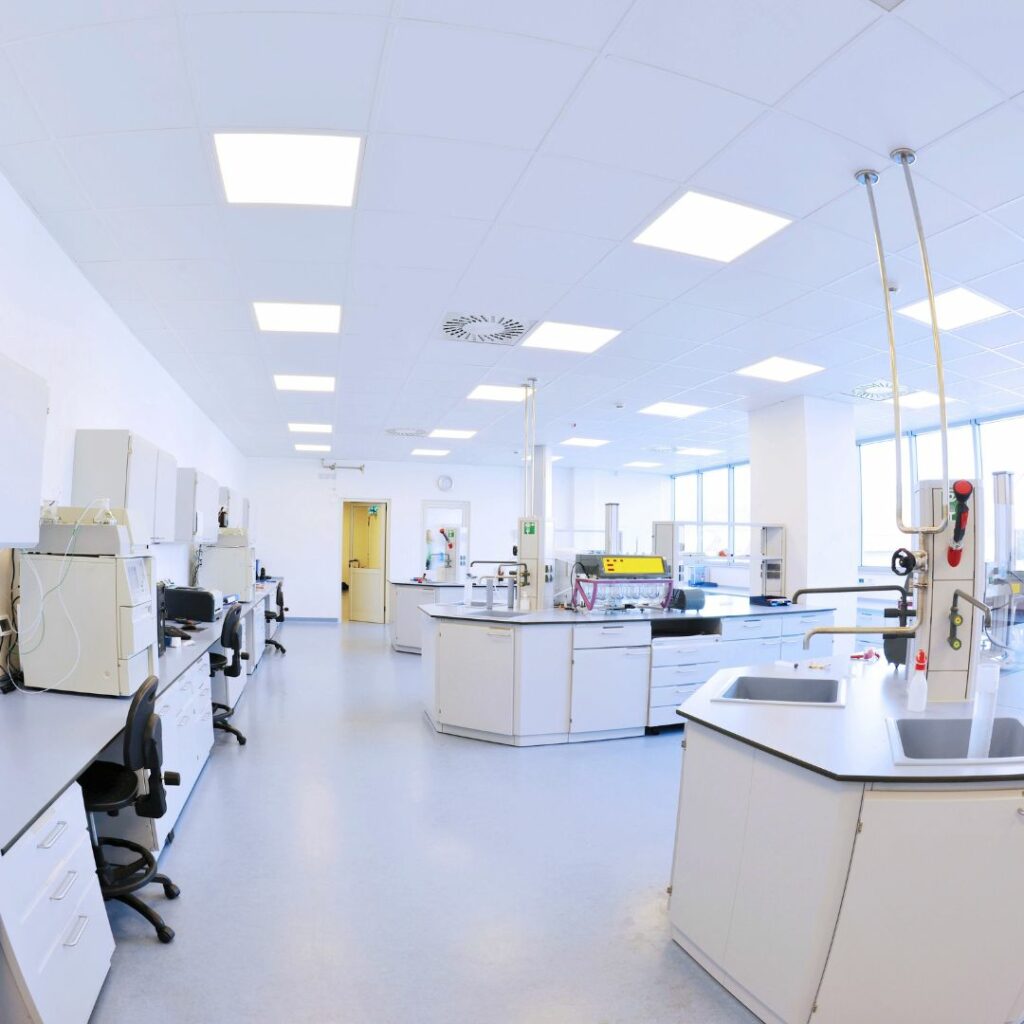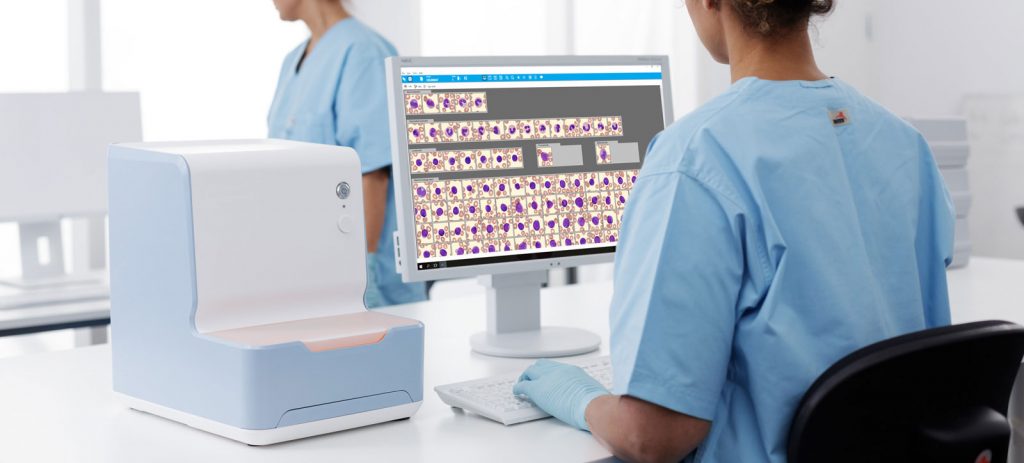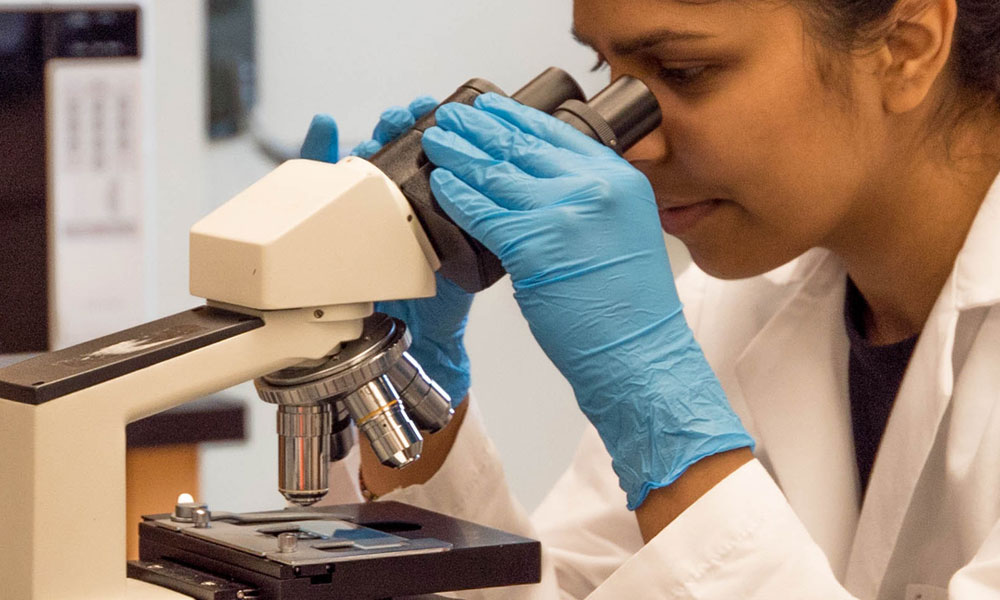The Importance of Active Learning for Biomedical Scientists and Clinicians

Active learning is a key component of effective revision for biomedical scientists and clinicians preparing for exams. Instead of passively reading or listening to lectures, active learning involves actively engaging with the material being studied, such as creating flashcards, summarising key points, and discussing topics with peers. In this blog, we will discuss the importance of active learning and how it can help biomedical scientists and clinicians achieve their best results in exams.
Encourages Engagement with the Material
Active learning encourages engagement with the material being studied and helps to foster a deeper understanding of the material. By actively engaging with the material, such as by creating flashcards, biomedical scientists and clinicians can retain information more effectively and are more likely to remember it in the long-term. Additionally, active learning techniques, such as summarising key points, can help to reinforce the material being studied and provide a better understanding of its overall structure and content.
Improves Retention of Information
Active learning also improves the retention of information, as it involves multiple senses and cognitive processes. For example, creating flashcards can involve visual and auditory processing, while summarising key points requires synthesising information from multiple sources. These processes help to reinforce the material being studied and improve long-term retention.
Fosters Collaboration and Peer Support
Active learning techniques, such as discussing topics with peers, can also foster collaboration and provide peer support during the revision process. By sharing information and discussing topics with others, biomedical scientists and clinicians can gain new perspectives on the material being studied and benefit from the collective knowledge of the group.
Conclusion
In conclusion, active learning is a key component of effective revision for biomedical scientists and clinicians preparing for exams. By actively engaging with the material being studied, such as by creating flashcards and summarising key points, biomedical scientists and clinicians can improve their engagement with the material, retain information more effectively, and benefit from peer support and collaboration. By incorporating active learning techniques into their revision process, biomedical scientists and clinicians can achieve the best possible results in exams.

Want to learn more about haematology?
See our available courses! Our exclusive courses make learning easy.
Accredited by the Royal College of Pathologists (UK).





